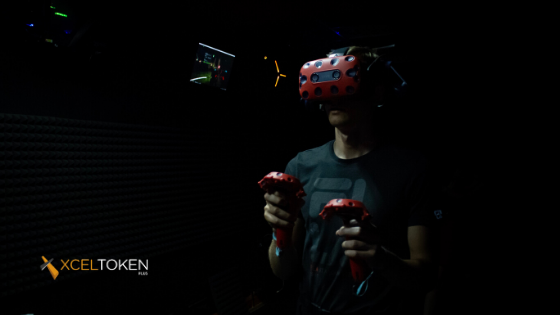Blockchain Use-Case: Gaming
Blockchain technology arrived with numerous blessings and promises for almost every industry on the surface of the earth. In this blogpost, we’ll be looking at its application in the gaming industry and how ambitious players like DAO.Casino are making a mark in the emerging industry.
New decentralized technologies, game developers have found themselves a thriving ecosystem to build upon. Blockchain enables a protocol that allows developers to create decentralized games for users across all industries, particularly in the underserved gambling industry.
Blockchain gaming promises many benefits for the gaming industry, but most of all it benefits the players themselves.
True ownership, decentralized games, provably fair gameplay, acquiring crypto through gameplay (play-to-earn), global leaderboards, censorship resistance, and no infrastructure to manage for the developers, are just a few of the touted advantages.
While all of that is great, the evolution of blockchain gaming hasn’t been so pretty. Several issues that weren’t anticipated have affected the growth of blockchain games, and they threaten to stifle the evolution of this important aspect of the blockchain space as a whole. In short Blockchain Games have just not lived up to their mainstream cousins so far, but there is hope.
Speed
When it comes to blockchain for gaming, perhaps one of the most significant problems so far has been speed. These days, everyone wants a quality, state of the art gaming experience that doesn’t lag or provide any issues with speed and pacing. However, blockchain games that we have today are usually restricted to activities such as trading and creating assets.
Take Crypto Kitties, the most popular blockchain game, for example. The game makes it possible for players to grow and trade virtual cats on the Ethereum blockchain. While it shows a great deal of minimalism, the issue of speed still exists. The Ethereum blockchain is quite fast, but with a block time of 17 seconds, games built on the blockchain are essentially restricted to progressing at least three times per minute and that is assuming the blocks are not full causing even more delay.
User experience (UX)
Onboarding mainstream gamers into a blockchain game and then actually playing the games is certainly not a smooth process.
In the majority of cases players must download the Metamask Chrome extension wallet, generate an address, sign up with an exchange, buy ETH, send ETH to their wallet, and then they are about ready to play, after they have backed up their wallet.
Computational scalability
The advent of smart contracts was revolutionary. Code could be run on the blockchain. This has massive implications for many industries, not the least of which is finance.
However, code complexity is a bigger issue for games. Where financial smart contracts can be relatively small, video games are far more complex. As it turns out, calculating checkmate in a smart contract on the Ethereum blockchain is too complex and impractical. The gas fees would be astronomical just for a simple game of chess, much less MMORPGs.


Comments
Post a Comment